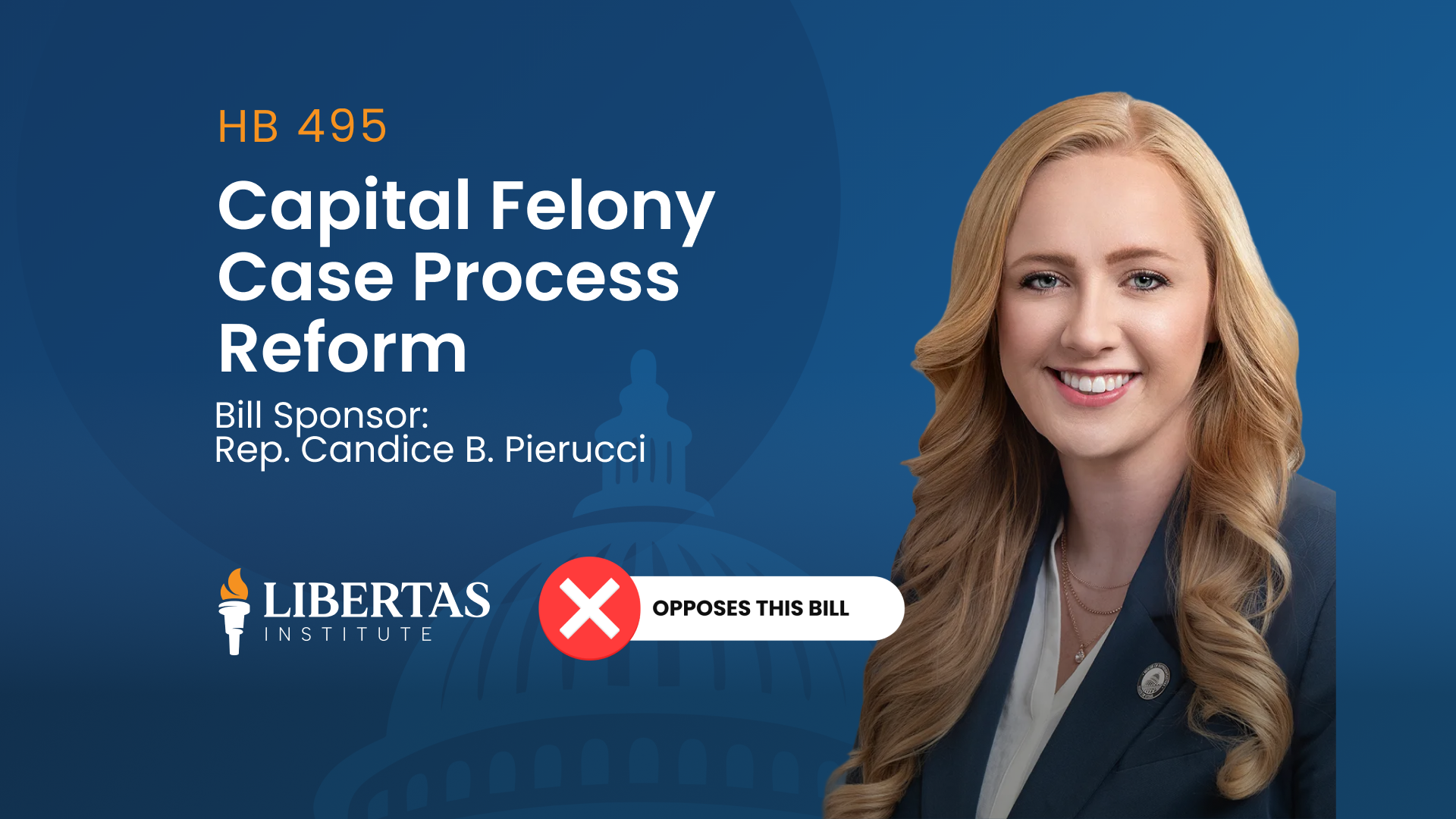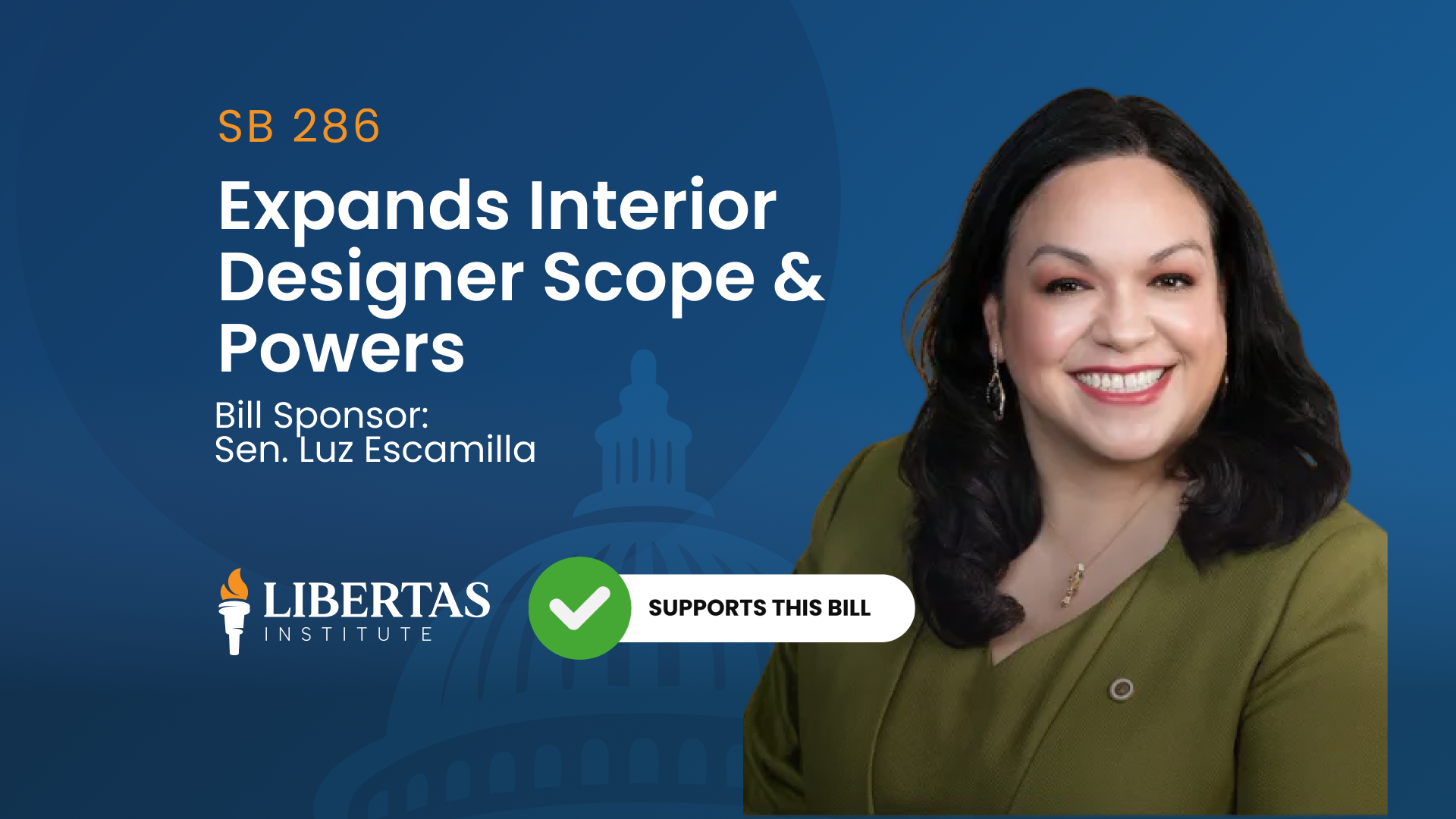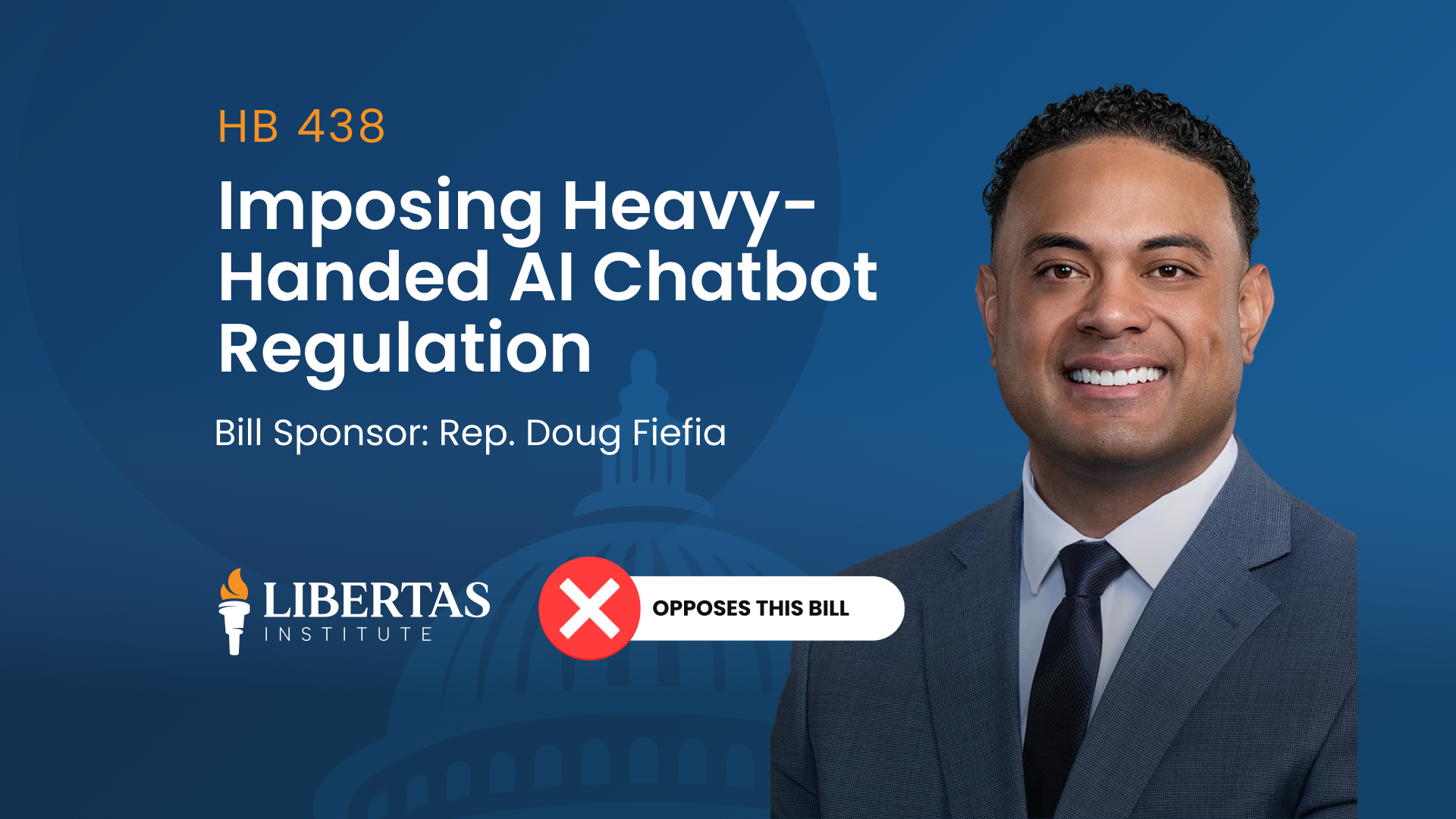This bill passed the House 60-13 and passed the Senate 21-5. Review our tracker for more information.
Libertas Institute opposes this bill
The government’s response to Covid-19 has largely been a problematic overreach, featuring business shutdowns, quarantines, restrictions on the movement and gathering of people, limitations on religious worship, mask mandates, and more. Immunity or vaccine passports (requirements to publicly divulge your health status) are a very problematic addition to these legal problems.
It is wrong for the government to mandate vaccines as a condition of commerce, transportation, employment, etc. We support efforts that limit the government from imposing such mandates, and for that reason supported a bill two years ago that prohibited the government from directly or indirectly requiring a Covid-19 vaccine.
However, we do not believe it is the proper role of government to prohibit private business owners from imposing a “vaccine passport” requirement for an employee or patron. We strongly object to these mandates from business owners but believe that essential property rights require that these owners have the ability to discriminate, even when such actions are problematic.
It is improper to justify such an imposition based on the fact that existing law already imposes a number of anti-discrimination conditions on business owners. These violations of property rights should be repealed, not augmented. Discrimination should be a matter for the market to resolve—people can oppose businesses that unfairly discriminate in a variety of ways, through protest, boycott, coordinated efforts to leave negative reviews online, etc. Employing the state to punish business owners that act stupidly is inappropriate.
Using the force of law to compel these business owners violates their property and free association rights by compelling them to associate with individuals they prefer not to.
For that reason, we must oppose House Bill 131, sponsored by Representative Walt Brooks. The bill does contain some important elements — for example, a limitation on government-mandated “vaccine passports”:
A governmental entity may not refuse, withhold from, or deny to an individual any local or state service, good, facility, advantage, privilege, license, educational opportunity, health care access, or employment opportunity based on the individual’s vaccination status, including whether the individual has an immunity passport.
We support limiting the government’s ability to impose such criteria on individuals. And Rep. Brooks is trying to walk the fine line of protecting individuals and business owners. But if a business owner wishes to (wrongly, in our view) stipulate that their employees or customers must be vaccinated as a condition of employment or commerce, we believe that is their right. The employees do not have a right to their job, nor do customers have a right to shop in a certain store. The property or business owner’s rights are what need legal protection here—even if such rights are used to demand something unreasonable or unnecessary.
Government exists to secure our rights. In this case, it is the right of the business owner that must be protected — even if we emphatically disagree with how such rights are exercised in the current political and social environment. For that reason, while we oppose vaccine passports in general, we also must oppose HB 131.




